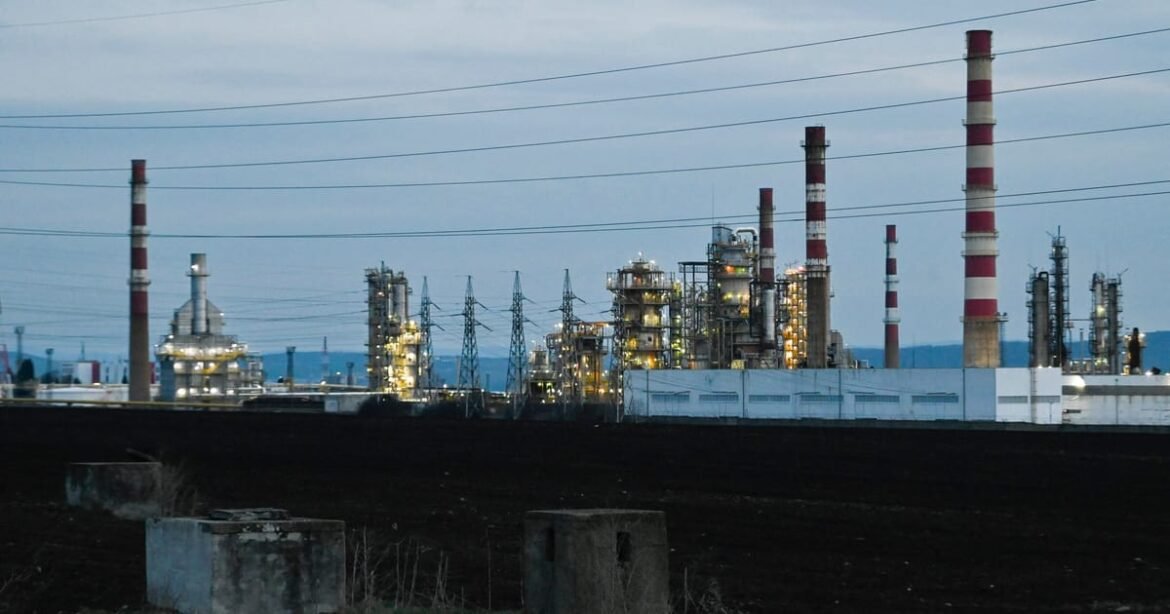Transition troubles
Technically, securing exemptions or appointing a state-backed manager to the refineries shouldn’t be an issue.
That said, the worst-case scenario — where the refineries cease operations — would play out very differently for the two countries.
For Bulgaria, where the Russian-owned refinery provides up to 80 percent of the country’s fuel needs, it would leave Sofia without supplies “by the end of the year,” said Martin Vladimirov, a senior analyst at the Center for the Study of Democracy think tank.
Romania’s facility, meanwhile, supplies around “20 percent” of the country’s fuel, said Ana Otilia Nuțu, an energy analyst at the Expert Forum think tank. A shutdown would therefore prompt “a few months” of mild price increases, she said, as the country races to find replacement imports.
Still, a shutdown could hit exports to neighboring Moldova, she added. And “if Moldova gets hit really bad, then it’s going to be another … huge PR opportunity for Russia,” Nuțu said.
The Moldovan government on Friday put forward its own proposal to buy Lukoil’s assets in the country, including an aircraft fuel depot, and said it had also asked Washington for a sanctions delay.



